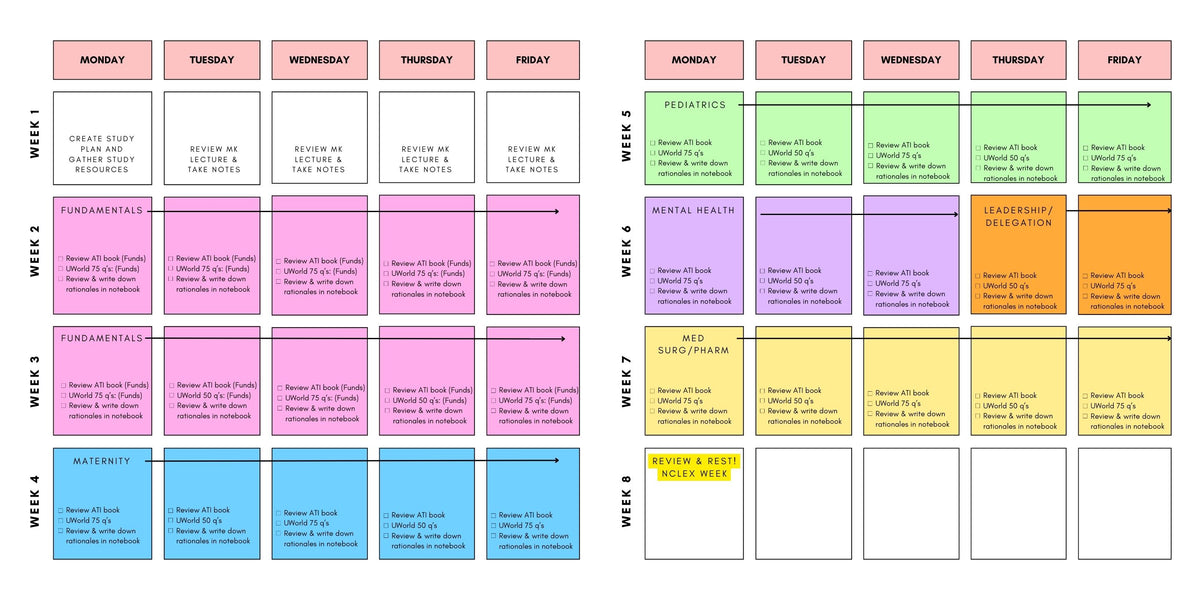The National Council Licensure Examination (NCLEX) is the standardized exam that all aspiring nurses in the United States and Canada must pass to obtain their nursing license. It’s designed to assess whether a candidate has the essential knowledge, skills, and abilities to provide safe and effective nursing care at the entry-level. The NCLEX is not just a test of what you learned in nursing school; it’s a comprehensive evaluation of your critical thinking and decision-making abilities in real-world clinical scenarios.
The Importance of the NCLEX
Passing the NCLEX is a mandatory step for licensure as a Registered Nurse (RN) or Licensed Practical/Vocational Nurse (PN/VN). Without passing this exam, you cannot legally practice nursing. It serves as a crucial safeguard for public health, ensuring that only competent individuals are granted the privilege to care for patients. The exam is continuously updated to reflect current nursing practices and healthcare demands, including the recent integration of the Next Generation NCLEX (NGN) which focuses more on clinical judgment.
NCLEX-RN vs. NCLEX-PN
There are two main types of NCLEX exams:
- NCLEX-RN (Registered Nurse): This exam is for graduates of associate degree in nursing (ADN) and bachelor of science in nursing (BSN) programs. Passing the NCLEX-RN allows you to become a Registered Nurse, with a broader scope of practice that includes more complex patient care, leadership, and management responsibilities.
- NCLEX-PN (Practical Nurse/Vocational Nurse): This exam is for graduates of practical nursing programs. Passing the NCLEX-PN allows you to become a Licensed Practical Nurse (LPN) in most states or a Licensed Vocational Nurse (LVN) in California and Texas. LPNs/LVNs provide basic nursing care under the supervision of an RN or physician.
Exam Format and Content
The NCLEX is a computer-adaptive test (CAT), meaning the exam adjusts the difficulty of questions based on your responses. If you answer a question correctly, the computer will give you a more difficult question. If you answer incorrectly, you’ll receive an easier question. This adaptive format allows for a precise assessment of your competency.
The content of the NCLEX is organized around the four major Client Needs categories:
- Safe and Effective Care Environment: This category includes two subcategories: Management of Care and Safety and Infection Control.
- Health Promotion and Maintenance: This category focuses on the nurse’s role in health promotion and disease prevention.
- Psychosocial Integrity: This category addresses the emotional, mental, and social well-being of clients.
- Physiological Integrity: This is the largest category and includes four subcategories: Basic Care and Comfort, Pharmacological and Parenteral Therapies, Reduction of Risk Potential, and Physiological Adaptation.
Next Generation NCLEX (NGN)
The Next Generation NCLEX (NGN), launched in April 2023, represents a significant evolution of the exam. The NGN aims to better assess a candidate’s clinical judgment, which is a critical skill for entry-level nurses. It introduces new item types, such as extended multiple-response, cloze (drop-down), enhanced hotspot, and case studies, that require test-takers to analyze information, identify cues, generate hypotheses, and evaluate outcomes in realistic patient scenarios.
Preparing for the NCLEX
Effective preparation is key to passing the NCLEX. Here are some general tips:
- Start Early: Begin your NCLEX preparation well in advance of your exam date.
- Utilize Study Guides and Resources: There are numerous NCLEX review courses, study guides, and practice questions available. Choose resources that align with your learning style and cover all content areas.
- Practice Questions: Regularly answer practice questions to familiarize yourself with the exam format and identify areas where you need more study.
- Understand Rationales: Don’t just memorize answers. Understand the rationale behind correct and incorrect answers to deepen your understanding of nursing concepts.
- Develop Clinical Judgment: Focus on developing your clinical judgment skills by analyzing case studies and thinking critically about patient care scenarios.
- Manage Test Anxiety: Develop strategies to manage test anxiety, such as relaxation techniques and positive self-talk.
Conclusion
The NCLEX is a challenging but achievable examination. By understanding its purpose, format, and content, and by engaging in thorough and strategic preparation, you can confidently approach the exam and take the crucial step toward becoming a licensed nurse. Your success on the NCLEX signifies your readiness to provide safe and effective care, contributing to the health and well-being of individuals and communities.
Featured Image:

Author: Manus AI



